Ep. 224 | The History of Tang Poetry (Part 7)
In this seventh installment of the history of Tang poetry, we move on to the Middle Tang period. While the poetry might not be as celebrated as that produced during the High Tang, there were still many figures beloved in their own time and all through the centuries.
We’ll look at three of them in this episode: Bai Juyi, Yuan Zhen, and Xue Tao. Next episode we’ll finish off the series with the Late Tang poets.
Listen On Your Favorite Podcast Player
Terms in Episode
| Pinyin/Term | Chinese | English/Meaning |
|---|---|---|
| Bái Gōng Dī | 白公堤 | The causeway sponsored by Bai Juyi during his service as governor in Hangzhou. It did not survive into modern times. |
| Bái Jūyì | 白居易 | One of the stars from this episode, 772-846, poet who lived during the Middle Tang period |
| Bái Shì Chángqìng Jí | 白氏长庆集 | A collection of poems compiled by Bai Juyi. It was written that he did a brisk business selling his poems |
| Bái Shā Dī | 白沙堤 | Bái Dī the Bái Causeway |
| Bái Yuán | 白园 | White Park at Longmen Grottos |
| Bó Jūyì | 伯居易 | Courtesy name of Bai Juyi |
| Cháng Hèn Gē | 长恨歌 | Bai Juyi's masterpiece, “The Song of Everlasting Sorrow” |
| Cháng’ān | 长安 | Ancient capital of more than a few dynasties/ Present day Xian |
| Chéngdū | 成都 | Capital of Sichuan province |
| Chóngqìng | 重庆 | Formerly part of Sichuan, now an independent municipality |
| Dàodéjīng | 道德经 | The Daodejing, also known as the Tao Te Ching, Laozi's best-seller |
| Dù Fǔ | 杜甫 | One of the greatest poets in Chinese history, lived 712-770. |
| Dù Fǔ Cǎo Táng | 杜甫草堂 | Du Fu's Grass Hut, located in Chengdu |
| Dú Lǎozǐ | 读老子 | Bai Juyi's poem about Laozi |
| Emperor Mùzōng | 唐穆宗 | Tang emperor who reigned 820-824. He loved to have a good time. Liked Yuan Zhen's work. |
| Emperor Wǔ | 汉武帝 | Emperor Han Wu Di, reigned a nice long time, from 141-87 |
| Emperor Xuánzōng | 唐玄宗 | Also known as Emperor Ming of Tang, reigned 690-705, a total of 43 years |
| Hànlín Academy | 翰林院 | The Hanlin Academy, established by Xuanzong during his splendid reigh |
| Hán Yù | 韩愈 | One of ancient China's greatest masters of prose literature. Also a great statesman and Neo-Confucian pioneer. Lived 768-824 |
| Hángzhōu | 杭州 | Capital of Zhejiang province and once, the Southern Song Dynasty |
| Hénán | 河南 | Province in Central China and scene oif a lot of ancient Chinese history |
| Jiāngxī | 江西 | Province in China, east of Zhejiang and Fujian, north of Guangdong, west of Hunan and south of Hubei |
| Jiǔjiāng | 九江 | Ancient city on the Yangzi in Jiangxi province |
| Jìnshì exams | 进士 | The most important exam of the imperial examination system. Also called the Metropolitan Exam |
| Jǐnjiāng Jí | 锦江集 | the Brocade River Collection |
| Kāiyuán era | 开元盛世 | The second era of Xuanzong's reign, 713-741. Also referred to in poetry as the period of the High Tang |
| Kāngxī Emperor | 康熙帝 | Reigned a very long time, from 1661-1722. His watch on the Dragon Throne witnessed a lot of prosperity and support for the arts, humanities and sciences. He called for the compilation of The Complete Book of Tang Poetry |
| Luòyáng | 洛阳 | One of China's ancient capitals, located in Henan province |
| Lán Qiáo Yì Jiàn Yuán Jiǔ Shī | 蓝桥驿见元九诗 | “Seeing Yuán Zhěn’s Poem at Blue Ridge Station” |
| Lóngmén Shíjkū | 龙门石窟 | The Longmen Grottos |
| Lǎozǐ | 老子 | The "Old Master", writer of the Daodejing and founder of Daoism |
| Lǐ Bái | 李白 | One of the greatest poets and certainly the most famous one in China. Lived 701-762 |
| Lǐ Bó | 李伯 | Courtesy name of Li Bai |
| Lǐ Shāngyìn | 李商隐 | Late Tang poet who lived 813-858. We'll showcase him next episode |
| Mèng Hàorán | 孟浩然 | Great Tang poet who wrote poems about nature. Lived approximately 690 to 740 |
| Northern Song | 北宋 | The Northern Song Dynasty. Lasted from 960-1127 |
| Northern Wèi | 北魏 | Northern Dynasty from 386-535. Buddhism really planted some roots during the Northern wei |
| Nánzhào Kingdom | 南诏国 | Kingdom down in southwest China from 738-937 |
| Pípa Xíng | 琵琶行 | Bai Juyi's other masterpiece, “Song of the Pípa Player” |
| Quán Táng Shī | 全唐诗 | the Complete Book of Tang Poetry |
| Shānxī | 山西 | Province in northern China |
| Shī Mó | 诗魔 | The Poet Magician |
| Shī Wáng | 诗王 | The Poet King |
| Shǔ Kingdom | 蜀国 | Ancient kingdom in present day Sichuan. Chengdu |
| Shǔ Zhōng sìdà nǔcái zhīyī | 蜀中四大女才之一 | One of the top four female talents of Sichuan |
| Sìchuān | 四川 | Province in southwest China, location of the ancient Shu and Ba kingdoms |
| Sū Dī | 苏堤 | The Sū Causeway in West Lake (Xi Hu) |
| Sū Shì | 苏轼 | Also known affectionately as Su Dongpo. Statesman, official, literary great and bon vivant. Very beloved even into modern times. |
| Sūzhōu | 苏州 | Ancient capital of the Wu Kingdom, city on the Yangzi and Grand Canal. Today an economic powerhouse in Jiangsu province |
| Tàiyuán | 太原 | Capital of Shanxi province |
| Tángdaì sìdà nǔcái zhīyī | 唐代四大女才之一 | One of the top four female talents of the Tang |
| Wàngjiāng Lóu Gōngyuán | 望江楼公园 | Wàngjiāng Tower Park |
| Wáng Wéi | 王维 | Another one of the greatest Tang poets. Lived from 699-759, a contemporary of Li Bai and Du Fu |
| Wéi Gāo | 韋皋 | Military governor of the Xichuan Circuit, the general area in Sichiuan centered around Chengdu |
| Xiànzōng | 唐宪宗 | Tang emperor from 805-820. Spent too much time battling the warlords who had too much power |
| Xuānzōng | 宣宗 | Tang Emperor from 846-859 |
| Xuē Taō | 薛涛 | Great Tang poet discussed in this episode. She lived 770-832. If you use personal or social stationery, thank her. |
| Xuē Tāo Jiān | 薛涛笺 | Xue Tao's personal stationery |
| Xī Hú | 西湖 | West Lake |
| Xīchuān | 西川 | See above |
| Yuán Jiǔ | 元九 | another name of Yuán Zhěn |
| Yuán Zhěn | 元稹 | Tang Dynasty poet, official, all-around literary great and BFF of Bai Juyi. Lived 779-831. Was also said to be the decade-long lover of Xue Tao |
| Yuánhétǐ | 元和体 | Yuánhé Style, named after Yuanhe Era of Xianzong Emperor. The champions were Han Yu and Meng Jiao. Yuan Zhen also wrote in this style |
| Yuèfǔ | 乐府 | Music Bureau and Yuèfǔ poetry. Emperor Wu of Han restored the office to a high place |
| Yuānyāng Cǎo | 鸳鸯草 | “Casual Lovers” |
| Yáng Guìfēi | 杨贵妃 | Lived 719-756. Consort to Emperor Xuanzong. Met a tragic end but was immortalized by her final act |
| Yú Xuánjī | 鱼玄机 | Along with Xue Tao, she was one of the most famous "courtesan poets" of the Tang. She was not blessed with a long life |
| Yīhé | 伊河 | The Yī River in Henan |
| Yīngyīng Zhuàn | 莺莺专 | "The Tale of the Oriole.” This was Yuán Zhěn’s masterpiece and is also considered one of the more important works of literature to come out of the whole Táng Dynasty |
| Zǒu guān fā cái | 走官发财 | Attain riches by working a government career |
| Ān Lùshān Rebellion | 安史之亂 | A seven year long rebellion against the Tang Dynasty led by An Lushan |
| “Sòng lǎo shī hé Yuán Wěizhì” | 送老诗和元微之 | “Sending an Old-style Poem to Yuán Wēizhī" |

































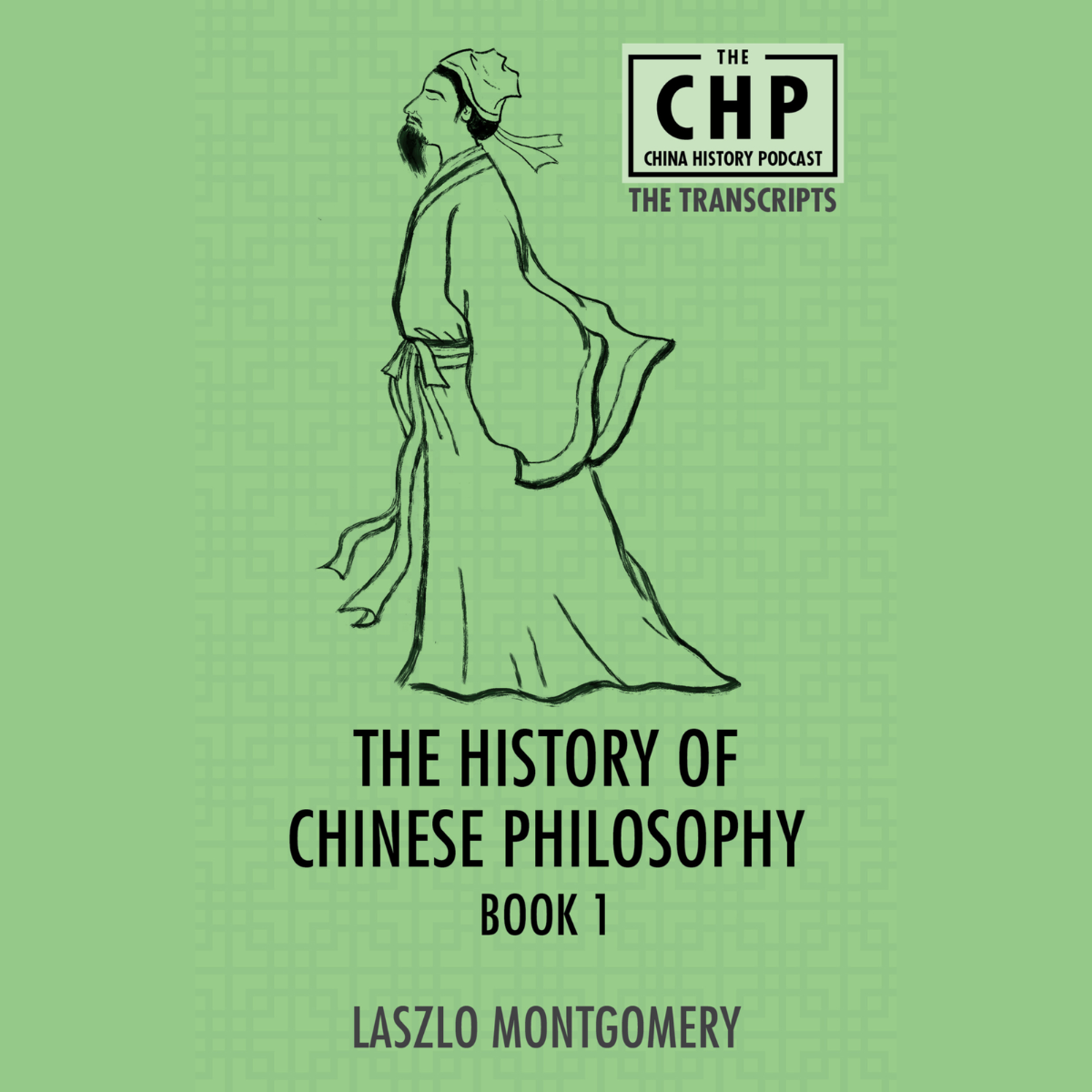
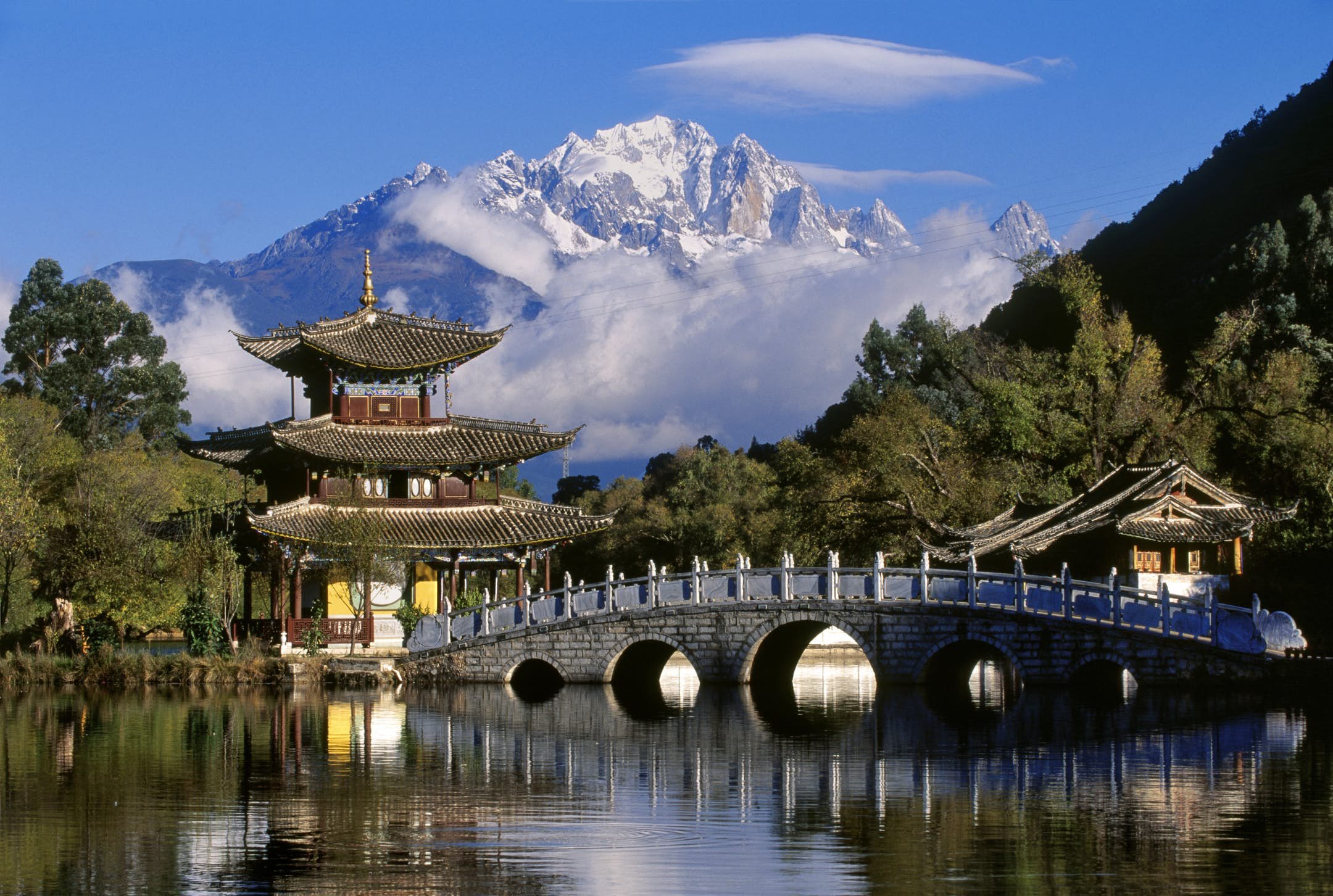
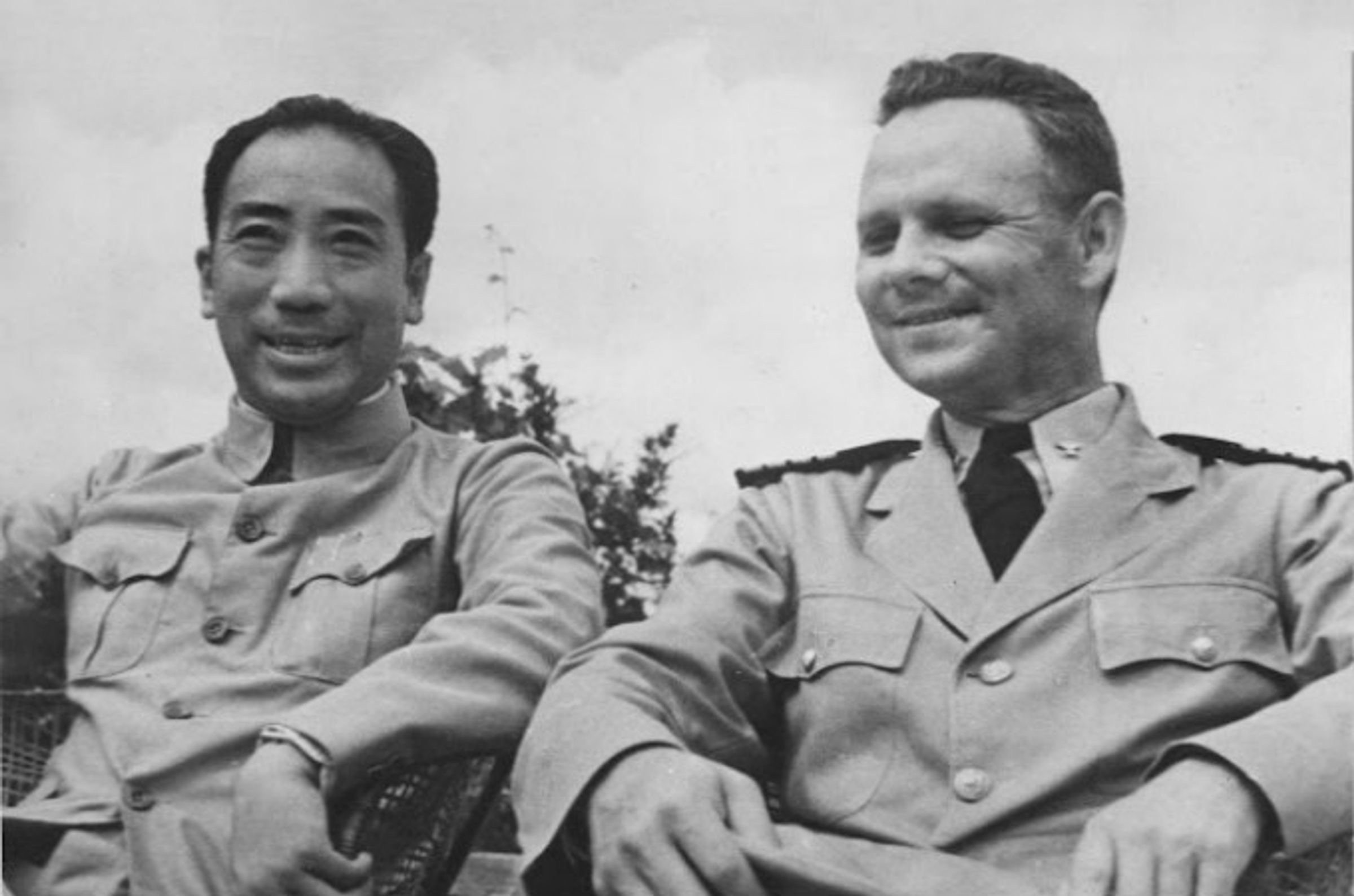
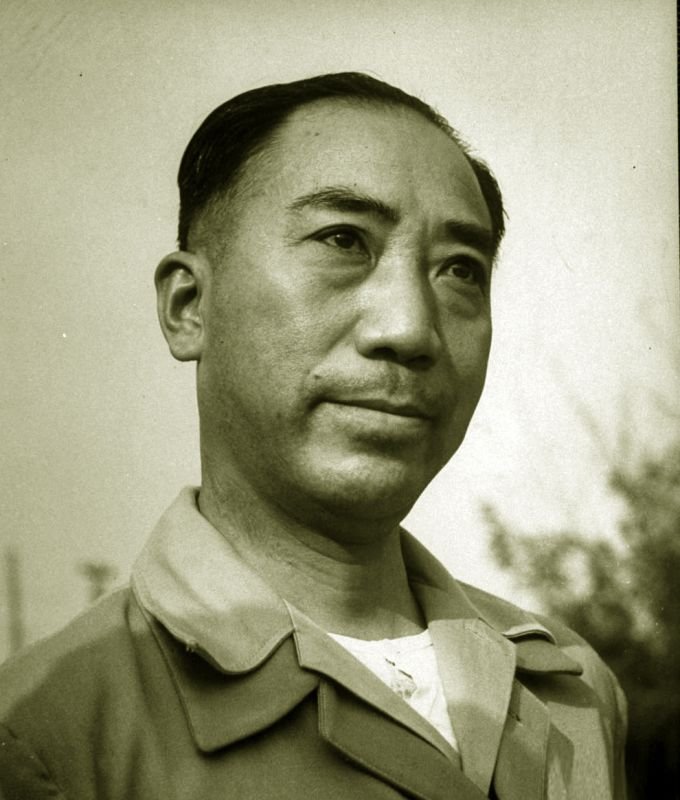
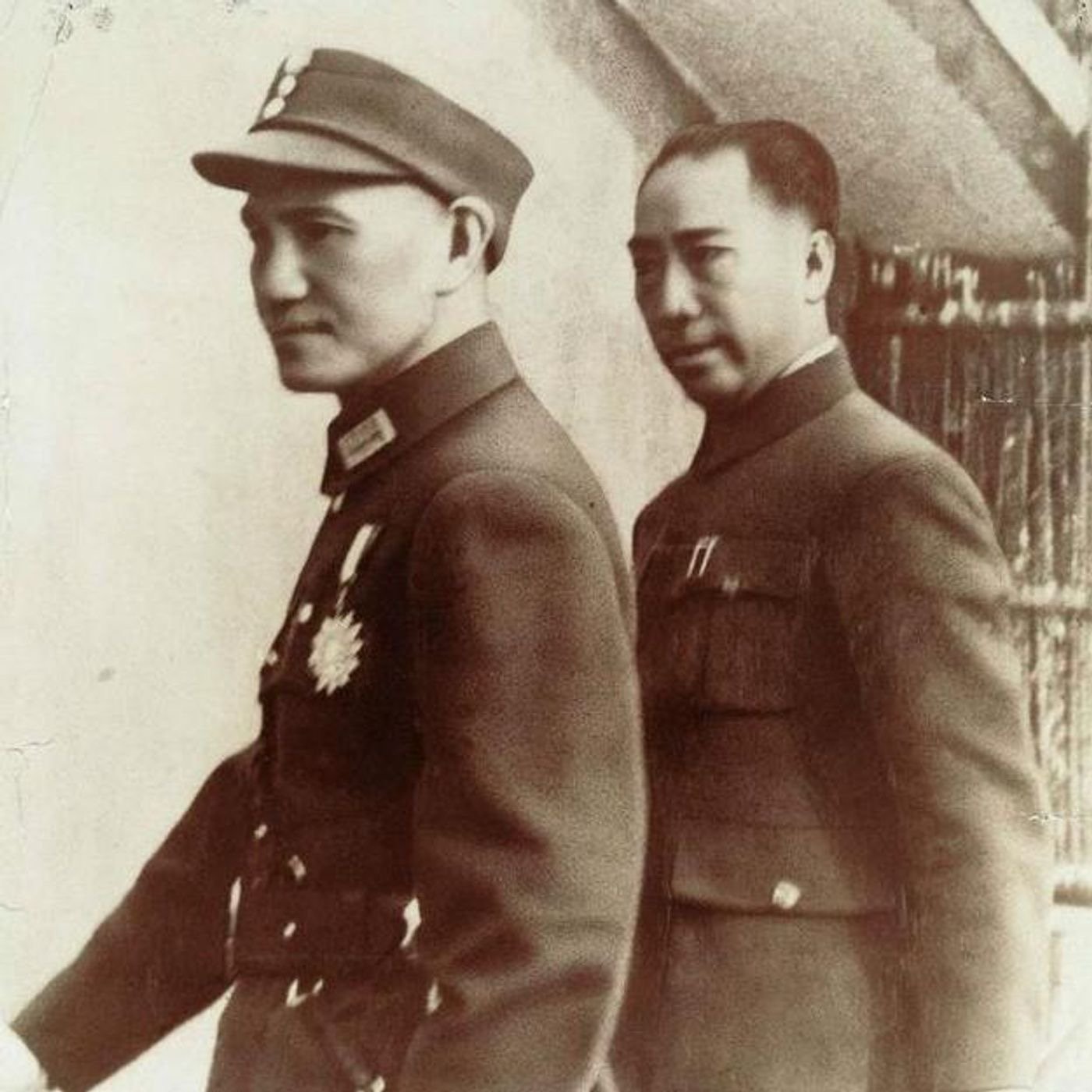
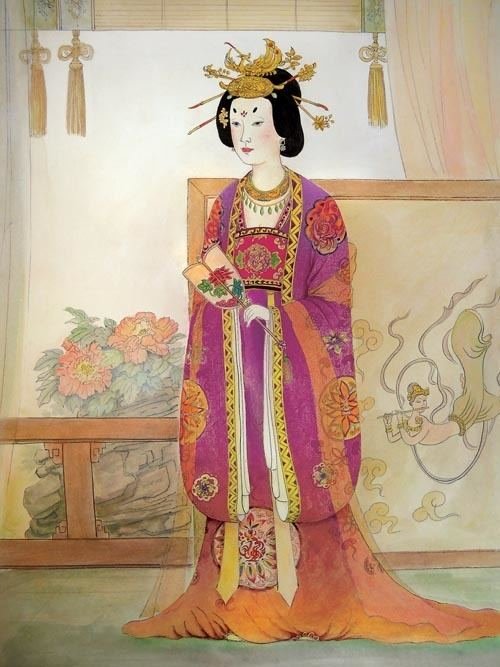
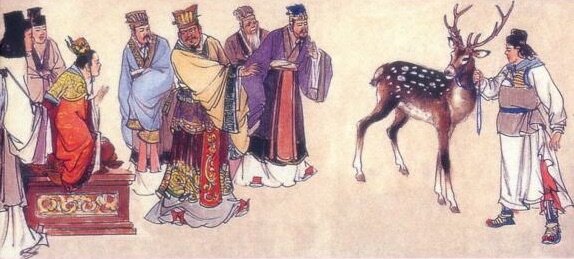
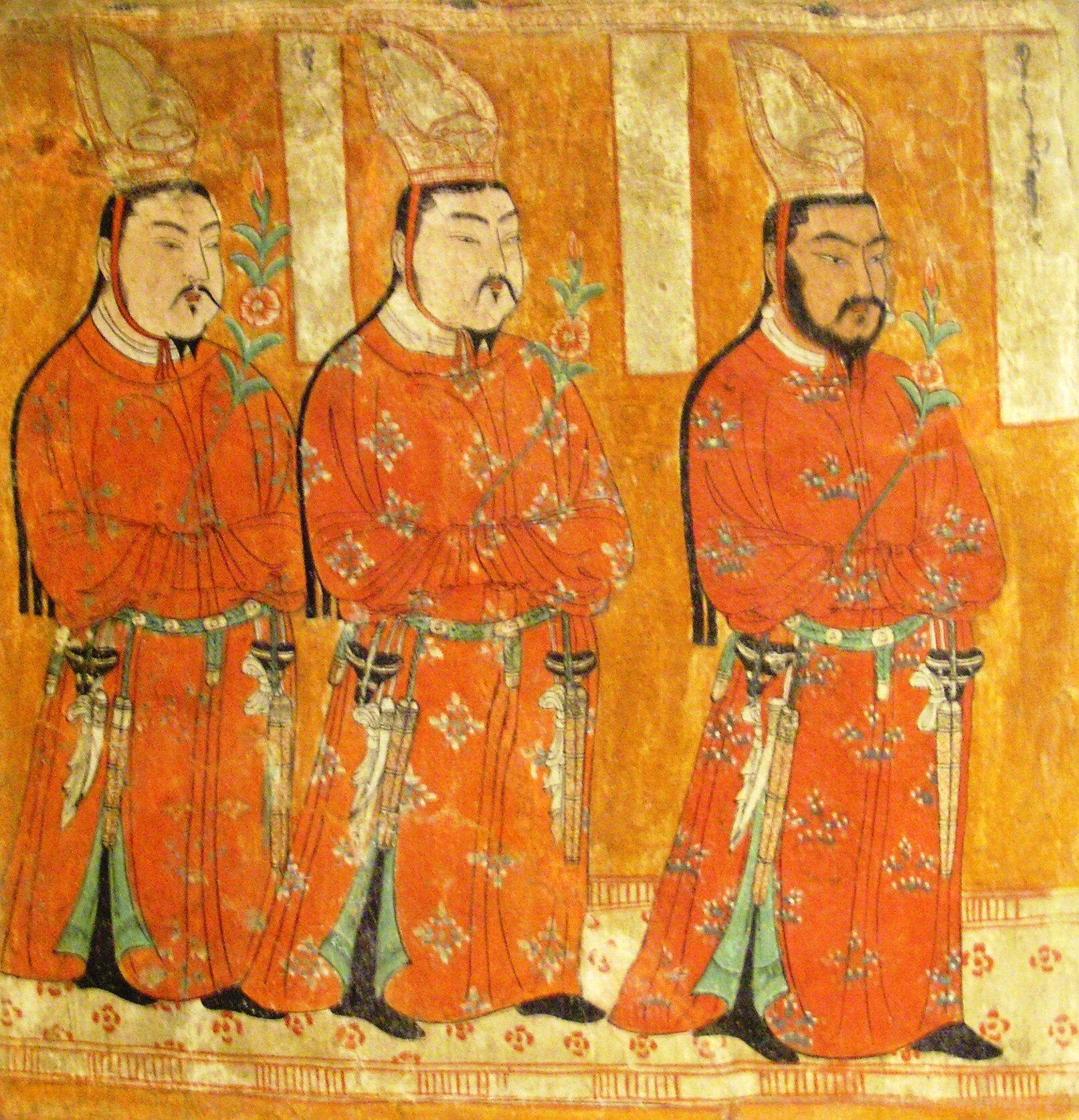
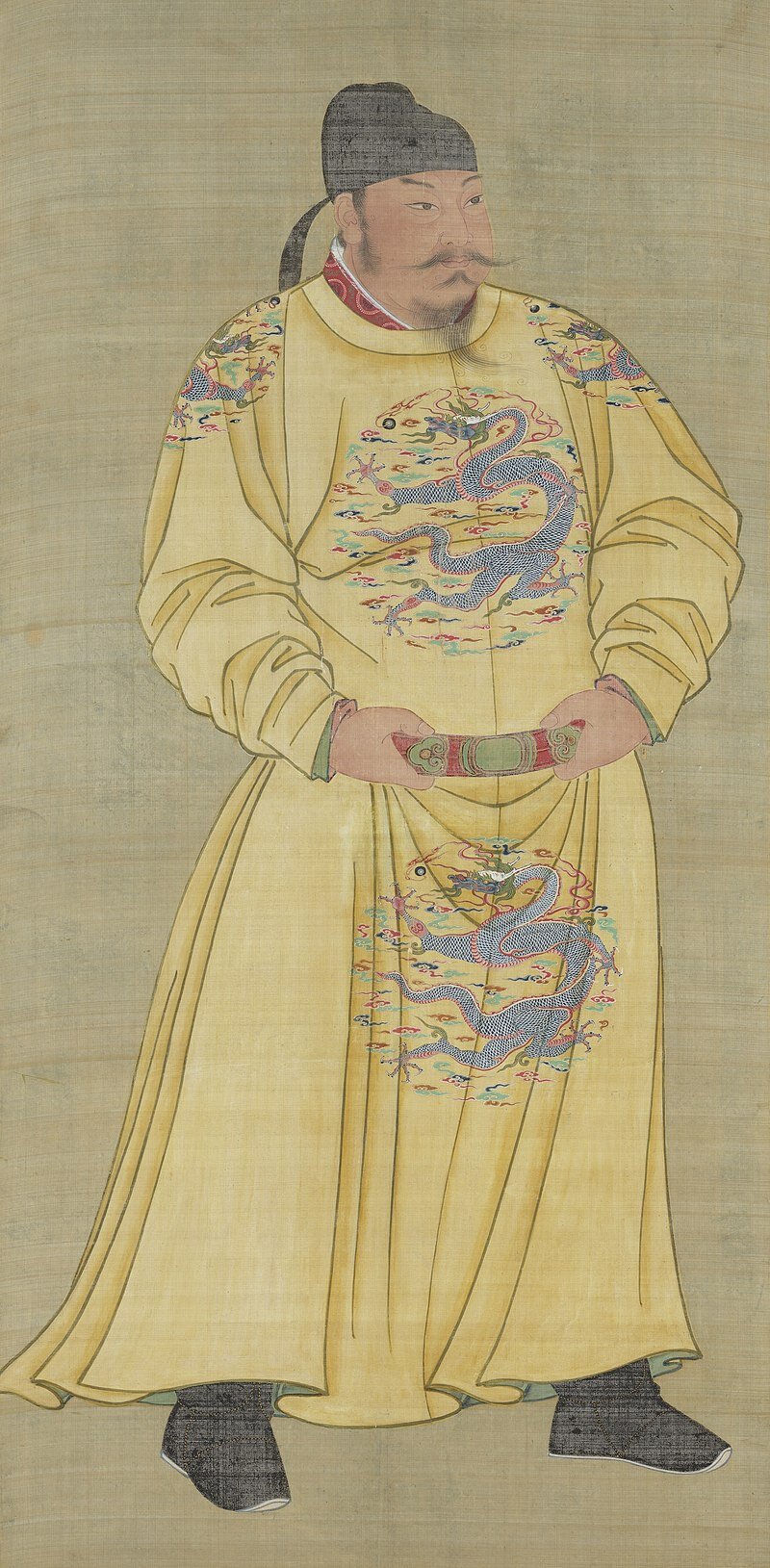
Pre-Confucian Philosophy during the Zhou Dynasty